Wheat shipments through the Suez Canal have fallen sharply.
The World Trade Organization (WTO) cited data compiled by the International Grains Council (IGC) as saying that the figure reflects a trend of shipping lines having to divert wheat ships following attacks by Houthi forces on ships in the Red Sea.
In December last year, only about 8% of wheat from the European Union, Russia and Ukraine that normally passes through the Suez Canal was diverted to other routes, according to the WTO. That jumped to about 42% in the first half of January 2024.
The issue is affecting the global food supply chain, especially for countries that rely on imported wheat. Combined with growing food security concerns around the world, the Red Sea tensions add to market uncertainty.
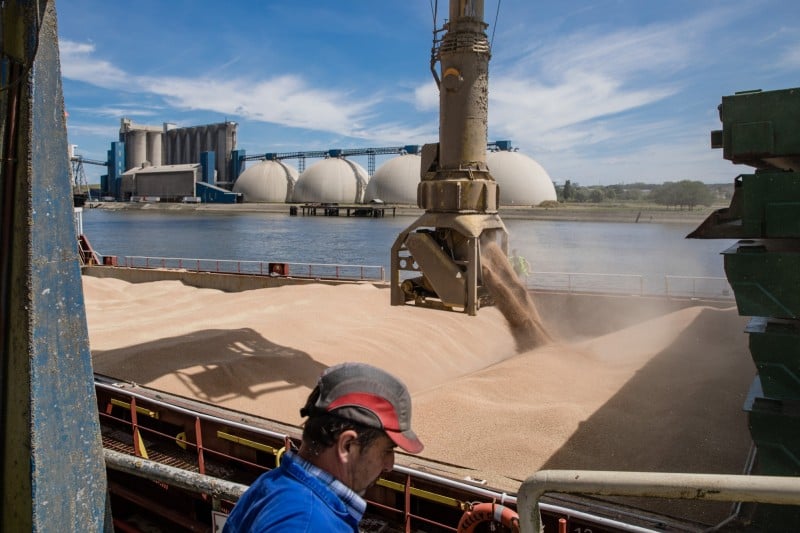 |
| Wheat shipments through the Suez Canal fell nearly 40% in the first half of January 2024 |
Previously, a series of major shipping lines such as Yang Ming Line, One, Evergreen Line, HMM, Maersk... sent notices that they would collect additional surcharges due to having to change the shipping routes of Asia - Europe, avoiding going through the Suez Canal and the Red Sea area.
Cargo traffic through the Red Sea is estimated to have decreased by 20% in December 2023; data collected by the Greek maritime analysis company MarineTraffic shows that the number of container ships has decreased by 25% compared to the same period in 2022; ships carrying cars, equipment vehicles, etc. have also decreased by a similar amount, while dry cargo and liquefied gas ships have decreased slightly. At the same time, the number of ships passing through the Cape of Good Hope increased by 27% in the last week of December 2023, compared to the previous week.
WTO “less optimistic” about global trade in 2024
Speaking to the media while attending the World Economic Forum (WEF) Annual Meeting in Davos, WTO Director-General Ngozi Okonjo-Iweala said she was not optimistic about the global trade situation this year.
“ Weaker global economic growth due to increased geopolitical tensions, new disruptions that the WTO has seen in the Red Sea, in the Suez Canal, in the Panama Canal. This means that the WTO is less optimistic about the global trade situation in 2024 ,” Ms. Okonjo-Iweala pointed out.
The WTO official said she personally hoped the conflict in the Middle East could end soon, warning that it could have a “really big impact” on already weak global trade flows if the conflict spreads across the region.
“ The conflict in the Middle East could add to the already slowing trade growth, such as higher interest rates, the frozen Chinese property market and the conflict in Ukraine ,” the WTO Director-General stressed.
“ We hope this will end soon and all the conflicts will stop. Our biggest fear is that the conflict in the Middle East will spread throughout the region, because that will have a really big impact on trade. Everyone is worried and hoping for the best ,” said Okonjo-Iweala.
The WTO had previously forecast trade to grow by 0.8% last year and 3.3% this year, but those figures were taken before the Middle East conflict and recent geopolitical developments, so Ngozi Okonjo-Iweala warned that future projections would show a lower figure this year.
Economists predict that the global economy will slow down in 2024. The International Monetary Fund (IMF) estimates that global GDP growth will reach only 2.9% in 2024 - much lower than the average of 3.8% in the period 2000-2019.
Source link




![[Photo] Hanoi morning of October 1: Prolonged flooding, people wade to work](https://vphoto.vietnam.vn/thumb/1200x675/vietnam/resource/IMAGE/2025/10/1/189be28938e3493fa26b2938efa2059e)







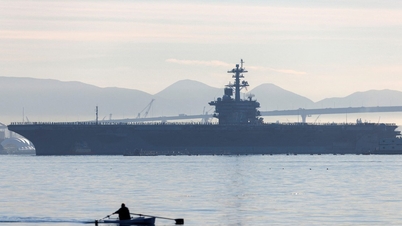








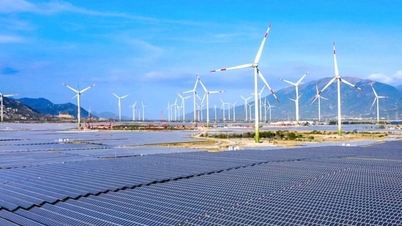
















![[Photo] The 1st Congress of Phu Tho Provincial Party Committee, term 2025-2030](https://vphoto.vietnam.vn/thumb/1200x675/vietnam/resource/IMAGE/2025/9/30/1507da06216649bba8a1ce6251816820)
![[Photo] Panorama of the cable-stayed bridge, the final bottleneck of the Ben Luc-Long Thanh expressway](https://vphoto.vietnam.vn/thumb/1200x675/vietnam/resource/IMAGE/2025/9/30/391fdf21025541d6b2f092e49a17243f)
![[Photo] President Luong Cuong receives President of the Cuban National Assembly Esteban Lazo Hernandez](https://vphoto.vietnam.vn/thumb/1200x675/vietnam/resource/IMAGE/2025/9/30/4d38932911c24f6ea1936252bd5427fa)






























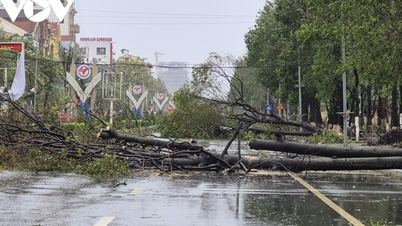


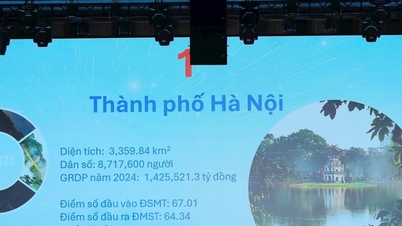







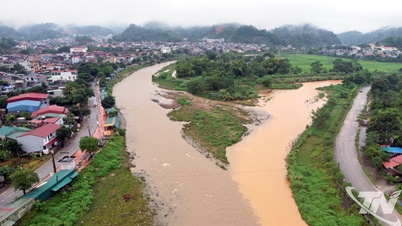
















Comment (0)